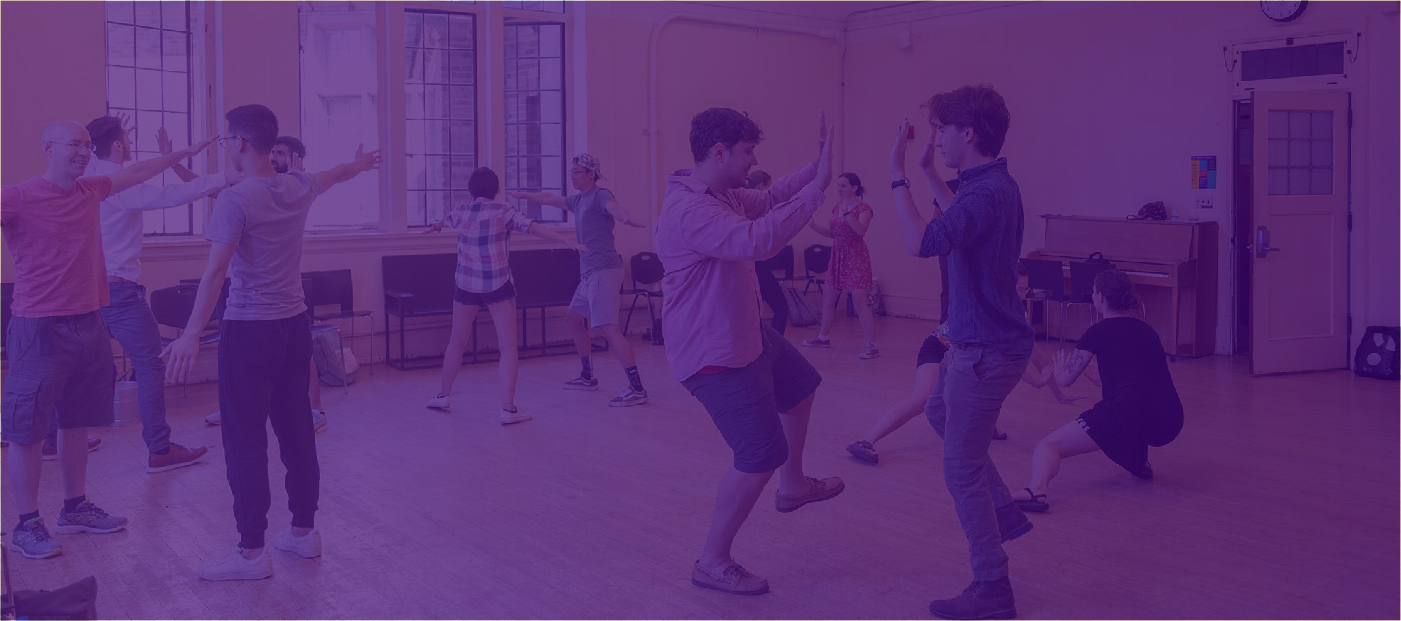The Bahá’í Faith, a universal and progressive religion, envisions a world where arts and creativity are celebrated as vital expressions of the human spirit. Through the lens of Bahá’í teachings, arts and creativity serve not only as vehicles of personal expression but also as profound instruments for social transformation. This article delves into the integration of progressive arts within the Bahá’í framework, examining how creativity inspires service and fosters a deeper connection to humanity.
The Bahá’í teachings emphasize the unity of mankind and the necessity for individual contribution toward collective advancement. This overarching principle lays the groundwork for understanding the role of art in societal development. The arts serve as a reflection of cultural identity and as a means of addressing the complexities of human experience. Within the Bahá’í context, artists are viewed as agents of change—individuals who harness their creative capacities not merely for personal gain but for the betterment of society.
One might observe that artistic endeavors often resonate on a profound level with audiences. Whether through visual arts, music, literature, or performance, creative expressions have the capacity to evoke emotions, stimulate thought, and inspire action. This phenomenon can be attributed to the intrinsic connection between art and the human soul. As one contemplates the essence of creativity, it becomes evident that it transcends mere aesthetics; it is imbued with purpose and significance.
In the Bahá’í teachings, the purpose of art is articulated as a means to elevate the human spirit and foster social cohesion. Art is not an isolated pursuit but is inherently linked to the moral and ethical development of individuals and communities. The juxtaposition of beauty and service encapsulates the Bahá’í understanding of creativity. The transformative power of art can be harnessed to address societal issues, advocate for justice, and promote peace.
The idea of “Progressive Arts in Action” reflects the necessity for continuous evolution in artistic practices that resonate with changing societal needs. Artists within the Bahá’í community are encouraged to remain attuned to the social realities of their surroundings, using their creative platforms to engage with contemporary challenges. This dynamic engagement underscores the potency of arts as a catalyst for change, allowing individuals to interpret and respond to the world around them through a Bahá’í lens.
Moreover, the intersection of creativity and service is pivotal to the Bahá’í understanding of the purpose of existence. Service to humanity is seen as a divine imperative. In this light, art becomes a powerful medium through which individuals can express their commitment to service. For instance, collaborative art projects can foster communal ties, stimulate dialogue, and galvanize collective action on pressing issues such as environmental sustainability or social justice.
To illustrate, consider the role of music in the Bahá’í community. Music has the potential to transcend cultural barriers, resonating with diverse audiences and cultivating a sense of shared humanity. Bahá’í musicians often compose pieces that reflect themes of love, unity, and justice—all essential elements in the pursuit of a more equitable world. Such musical expressions serve dual purposes: they nourish the soul and galvanize listeners toward transformative action.
Likewise, visual arts serve a complementary function within the realm of Bahá’í teachings. Artists who focus on themes of unity and global harmony can engage viewers in profound reflections on the state of humanity. By utilizing symbols, colors, and forms that resonate with Bahá’í principles, artists can create dialogue around critical issues, inspiring viewers not just to appreciate beauty but to participate in collective endeavors for spiritual and social advancement.
Furthermore, literature holds a significant place in the creative expression of Bahá’í ideals. Writers and poets within the community often draw on the teachings of Bahá’u’lláh, the founder of the Bahá’í Faith, to infuse their works with messages of hope and progress. Through the written word, they illuminate the virtues of love, compassion, and service, compelling readers to reflect on their roles in fostering a more just and loving world.
In exploring the deeper reasons behind humanity’s fascination with the arts, one might consider the innate desire for connection and understanding. Artistic endeavors position us to explore shared narratives, fostering empathy and highlighting our common humanity. The Bahá’í teachings provide a framework through which these connections can be nurtured and amplified, ultimately driving individuals toward purposeful action in service to their communities.
As we reflect on the notion of creativity that inspires service, it becomes clear that the cultivation of progressive arts is not merely an aesthetic pursuit but a moral obligation within the Bahá’í discourse. Artists are encouraged to embrace their roles not only as creators but as active participants in the advancement of society. This duality encapsulates the essence of the Bahá’í approach to arts: an integration of beauty, service, and social responsibility.
In conclusion, the intersection of Bahá’í teachings and the arts illuminates a profound paradigm wherein creativity serves as a beacon for social progress. The transformative potential of artistic expression lies in its ability to engage, inspire, and mobilize individuals toward action. Emphasizing the unity of purpose among humanity, Bahá’í-inspired creativity invites all to partake in the grand tapestry of service and support, ultimately contributing to a world illuminated by love and collaboration.
